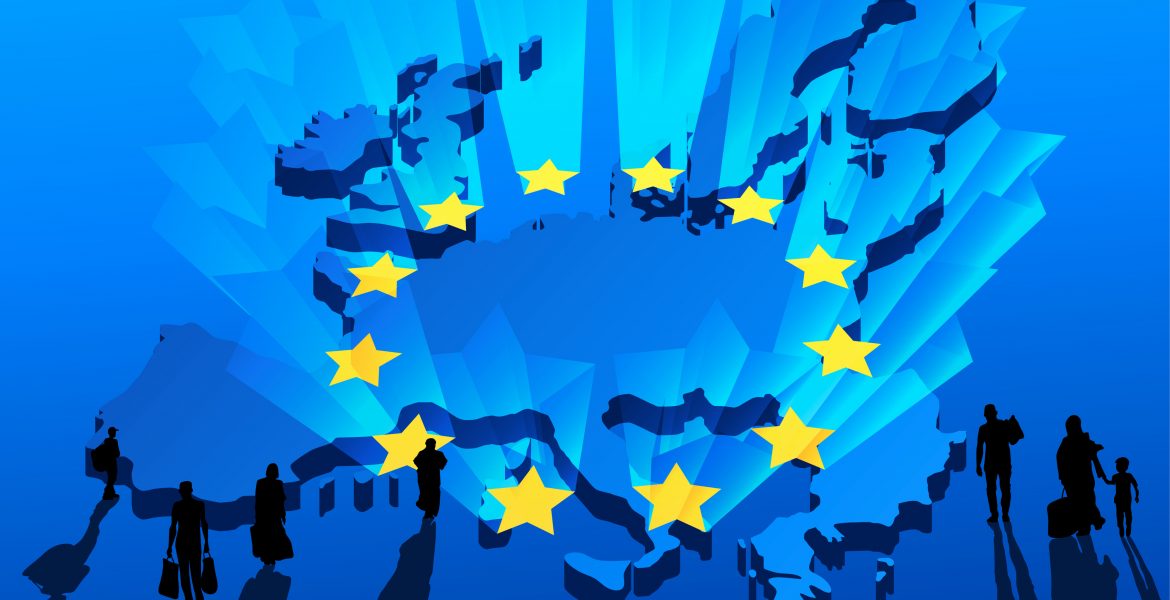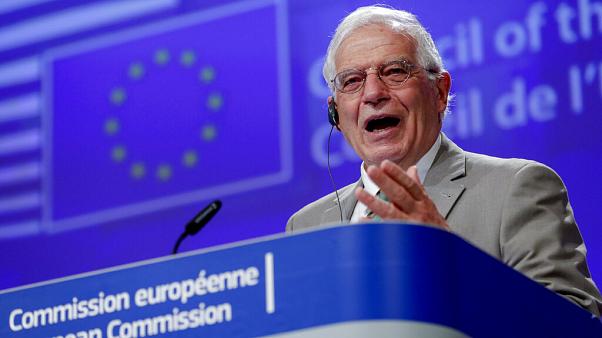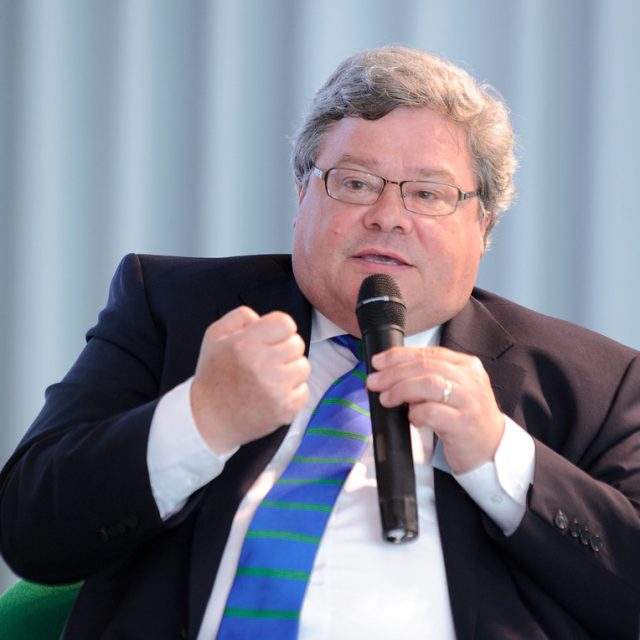The European Conservatives and Reformists Group in the European Parliament (ECR Group) remains sceptical towards the structuring and planned course of the Conference of the Future of Europe. ECR Co-Chairmen Ryszard Legutko (Poland) and Raffaele Fitto (Italy) are unimpressed by the digital platform of the Conference on the Future of Europe (CoFoE).
The multilingual platform was designed as a central hub for citizens’ contribution and was launched today during a press conference in the Commission. However, like other smaller Groups from across the spectrum in the European Parliament, the ECR Group only holds an “observer” status in the Conference’s Executive Board and is not fully represented. The ECR Group considers the procedure decided by the Executive Board to be highly questionable from a democratic point of view and harmful in pursuit of a higher functioning European Union.
Commenting on the Presentation, ECR Co-Chairman Raffaele Fitto said: “We do not believe that this initiative that attempts to create a shortcut for pro-European activists by overriding the national representative democracies can be useful. Our group has expressed its perplexity from the very beginning. If allowed to consider it, we are convinced that European voters would decide that they do not want further integration or an ever closer union. The Conference on the Future of Europe risks being yet another attempt to push ahead with the federalist agenda, and to impose a centralised vision for Europe, without any real confrontation.
“We believe that we need a real discussion on what the future of Europe should be. One that recognises past mistakes and provides a serious perspective of growth, prosperity, and security for the future. This debate must take place as a democratic process, with true, broad participation, based on the active attendance of citizens and civil society. It must involve all national parliaments, regional and local authorities.”
ECR Co-Chairman Ryszard Legutko said: “We fear that this process deliberately aims to undermine the nation-state democracies with the opinions of self-appointed leaders and federalist activists. At best, it will be a random and unrepresentative mix of voices that has no deeper legitimacy or meaning. There is a danger that it will result in a big Tohuwabohu that leaves everyone disappointed or at odds.
“The organisers can’t even say how much the Conference will cost. They don’t have a clear timeframe, and they don’t know what to do with the results. The only thing they know is that the process must be over in one year – when Mr. Macron takes over the Council presidency. That’s very little information from those who have the large-scale federalist ambitions of building a European Super State.”
Zdzisław Krasnodębski MEP (Poland), ECR Representative with observer status in the CoFoE Board added: “It is vital that we don’t forget what democracy really means. Democracy needs a cultural community and procedures that are clear and fair. Neither is the case here. This conference looks more like a public consultation rather than a genuine democratic exercise. We should not forget that the only functioning democracy is representative democracy.”
“We need to defend our national competencies against experimentation from Brussels. We must defend democracy and the legacy of Europe.”
Since December, the ECR Group has been running its own European Tour on the Future of the European Union. The tour, named ‘Europe’s Future’, consists of a series of live broadcasts from 15 European capitals, during which, politicians, academics and citizens of Member States can participate in the consultation. The ECR Group aims to restore a European Union that respects the sovereignty of national democracies as equal partners for the common good.




